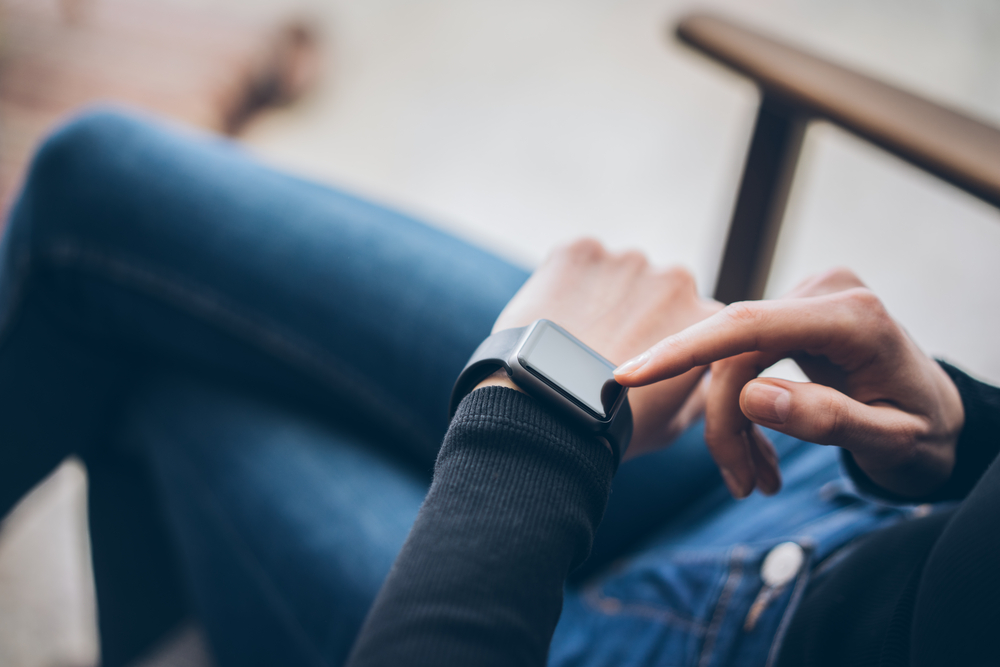Student-Developed Wearable ‘Tremor Tracker’ Monitors Parkinson’s Tremors
Written by |

Two Louisiana Tech University biomedical engineering students designed a wearable medical device that can track and classify Parkinson’s disease tremors and their severity.
Julie Gaudin and Elizabeth Hummel created the Tremor Tracker, a smart watch-like device that captures and immediately conveys information about body movements, as part of their senior design class.
“Through supervised machine learning, the device predicts whether a patient’s tremors are parkinsonian or non-parkinsonian, as well as the severity of these tremors,” Hummel in a press release. “A quantitative analysis of parkinsonian tremors provides a more detailed disease state.”
The pair worked with Louisiana Tech’s non-contact boxing program for those diagnosed with Parkinson’s, Rocky Steady Boxing, as they designed the Tremor Tracker.
“We recorded raw data from our [Rock Steady] volunteers and then uploaded raw data from the device into MATLAB [a math, programming, and graphics app] for analysis,” Hummel said.
The Tremor Tracker algorithm was applied to the GENEactiv device, a waterproof, wrist-worn wearable that has been scientifically validated. The device is designed to measure and monitor various body movements while collecting data through an accelerometer, an electromechanical mechanism that measures acceleration forces.
“We were interested in wearable devices and their increasing popularity as medical devices,” said Gaudin. “Wearable devices are able to record and store large amounts of data that can be analyzed to describe an individual’s disease state over a certain period of time.”
“A more detailed disease state can serve as a basis for medical decisions,” she said.
Gaudin will start medical school in the fall, while Hummel recently began her career as an engineer with electrical transmission and distribution company Ampirical.
“Julie and Elizabeth planned this capstone senior design project after consultation with a biomedical engineering mentor from Verily Life Sciences Inc., and then implemented the product development tasks with financial support from Tech alumni,” said Patrick O’Neal, PhD, associate professor of biomedical engineering at Louisiana Tech.
“These real-world projects, integrating support from industry and clinical partners, greatly enrich the students’ experience as we prepare them for careers in engineering and the clinical sciences,” he said.
“We truly enjoyed working on our project, especially with our Rock Steady volunteers,” said Hummel.
Louisiana Tech is home to the Parkinson Resource Center, which provides education and services to improve the lives of people with Parkinson’s. The center helps connect Parkinson’s patients and their caregivers to resources and programs.


